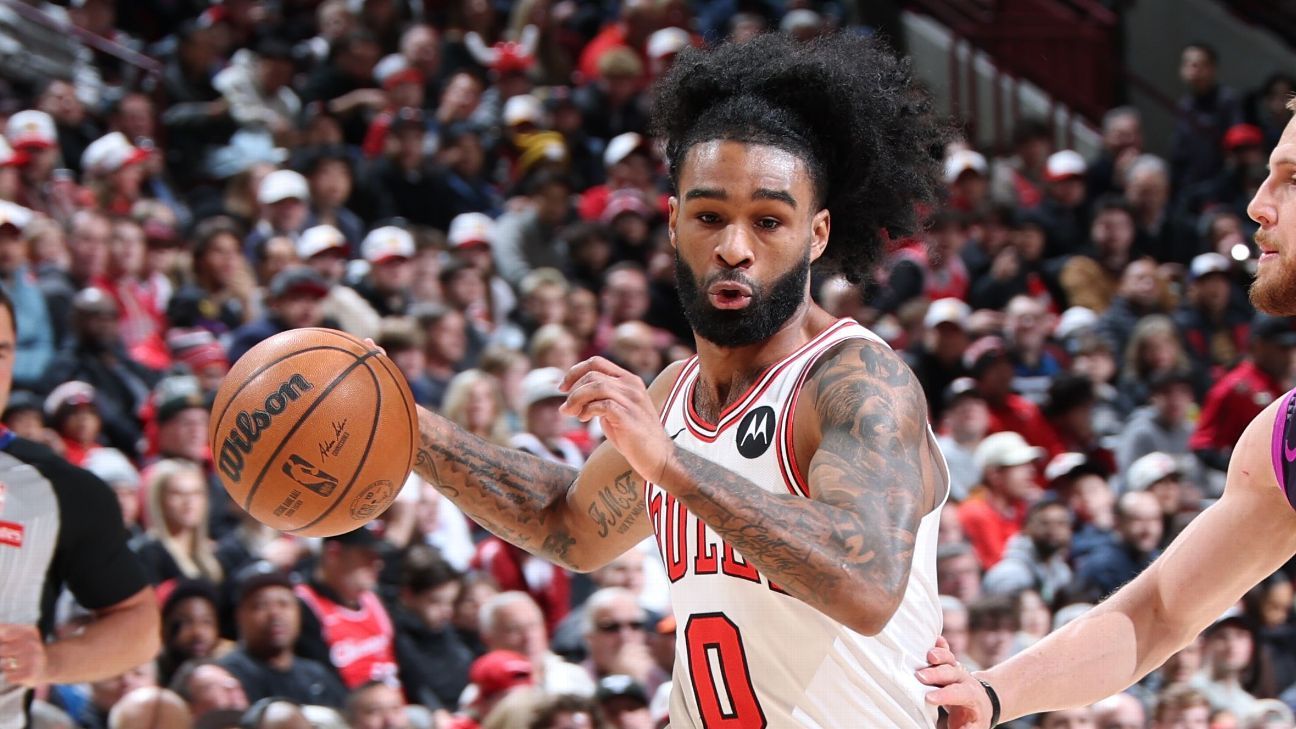Ukraine Peace Stumbles: Zelensky Rejects Territory Concessions Amid US Plan Shifts

Recent peace talks in Geneva between US and Ukrainian officials have been met with reports of "progress" and an intent for continued engagement, yet a significant chasm remains regarding territorial issues and Ukraine's security guarantees. Ukraine's President Volodymyr Zelensky welcomed the "important steps" but reiterated that the primary obstacle is Russian President Vladimir Putin's demand for legal recognition of territories occupied by Russia in eastern Ukraine, specifically the Donbas region (Donetsk and Luhansk).
The initial 28-point peace proposal, drafted in October by Putin’s special envoy Kirill Dmitriev and Trump’s representative Steve Witkoff, sparked considerable consternation in Kyiv and among its European allies. This plan, which was presented to Ukraine last week, appeared heavily skewed towards Moscow’s maximalist demands. Key provisions included calls for Ukrainian forces to withdraw from cities they control in eastern Donbas, thereby making that area a neutral demilitarised buffer zone "internationally recognised as territory belonging to the Russian Federation." Furthermore, it sought to limit the size of Ukraine's army and impose conditions preventing Ukraine from joining Nato.
During negotiations held on Sunday in Switzerland, led by US Secretary of State Marco Rubio and Zelenskyy’s chief of staff Andriy Yermak, the original plan underwent substantial revision, reducing it to 19 points. US officials, including Secretary Rubio, hailed the talks as "very very positive," with President Donald Trump also striking a positive tone on social media, suggesting "something good just may be happening," though with a caveat: "Don’t believe it until you see it." Ukrainian officials, after briefing Zelenskyy in Kyiv, described this latest version of the plan as more realistic. Kyiv and its European partners maintain that the existing frontline must be the starting point for territorial discussions and firmly reject any recognition of land seized by Russia militarily. They also insist that Ukraine, as a sovereign nation, must make its own decisions regarding joining international bodies like the EU and Nato.
European leaders, initially caught unawares by the US-Russian draft peace plan, have since emphasized the necessity of their full involvement in the discussions. A counter-proposal, reportedly drafted by Britain, France, and Germany, excluded any recognition of Russian-held regions, suggested raising Ukraine's allowed army size, and left open the possibility of Ukraine joining Nato. However, this European plan was swiftly rubbished by the Kremlin’s foreign policy aide Yuri Ushakov as "completely unconstructive," underscoring Moscow's hardline stance. While the European Council president António Costa and European Commission president Ursula von der Leyen praised a "new momentum" and a "refined peace framework" as a solid basis for moving forward, they stressed that "work remains to be done" and reiterated the core principles of respecting Ukraine's territory and sovereignty.
The core points of divergence remain deeply entrenched. Russia consistently demands Ukraine’s full withdrawal from the eastern Donbas and insists Ukraine never become part of Nato. Conversely, Kyiv views Nato membership, enshrined in its constitution, as the only viable defense against future aggression and firmly believes that yielding territory seized by force would set a dangerous international precedent. The Kremlin, for its part, stated that while "many provisions" of the revised plan appeared acceptable, others would "require the most detailed discussions and review between the parties," and that Moscow would seek to "rework" parts of it.
The next steps in this complex diplomatic process are unclear, but expectations are high for an imminent meeting between President Zelenskyy and President Trump to discuss the more contentious issues. Zelenskyy has also urged US Vice-President JD Vance to involve European countries in the process, a request Vance reportedly agreed to. European leaders like German Chancellor Friedrich Merz and Polish Prime Minister Donald Tusk stressed that peace discussions would be a "lengthy, long-lasting process," with Merz specifically stating that "Russia must come to the table." British Prime Minister Sir Keir Starmer also highlighted that "work still to do for a just and lasting peace."
This diplomatic flurry occurs against a backdrop of ongoing conflict and political pressure. Zelenskyy is reportedly facing a period of vulnerability following a corruption scandal and Russian battlefield gains. Recently, Ukraine's second largest city, Kharkiv, was hit by a massive drone attack, while Russian air defenses downed Ukrainian drones en route to Moscow. These events underscore the urgency and complexity of achieving a sustainable peace, with a "coalition of the willing" meeting scheduled to discuss developments further.
You may also like...
Hawks Shake Up Starting Five: Risacher Traded for McCollum in Bold Move!

The Atlanta Hawks have made a notable lineup change, moving Zaccharie Risacher to the bench in favor of veteran CJ McCol...
Rookie Sensation Coby White Poised for Electrifying Hornets Debut Against Bulls!

Coby White is slated to debut for the Charlotte Hornets on Tuesday night against his former team, the Chicago Bulls. Acq...
Prime Video's 'God of War' Unleashes Kratos Cast Guide and Shocking Villain Reveal

Amazon Prime Video's "God of War" series is gaining momentum with key casting announcements, including Ed Skrein as the ...
Chalamet & McConaughey Ignite Debate on Netflix's Action Obsession in Must-Watch Town Hall

Actors Timothée Chalamet and Matthew McConaughey reunited for a CNN & Variety Town Hall, discussing their film 'Interste...
Cardi B Unleashes Fury on Trump Advisor in Explosive Nicki Minaj Bot Report Controversy!

A public spat erupted between Cardi B and Donald Trump advisor Alex Bruesewitz over a report suggesting bots amplified N...
Legendary Queens of Hip-Hop: Salt-N-Pepa & DJ Spinderella to be Inducted into Hall of Fame at NAACP Image Awards!

Hip-hop legends Salt-N-Pepa and DJ Spinderella are set to be inducted into the Hall of Fame at the 57th NAACP Image Awar...
Kenya Revolutionizes Travel: Digital Fare System Signals Cashless Public Transport Era

Kenya is making significant strides towards launching the Integrated Automated Fare Collection System (IAFCS), a unified...
SalamAir Unveils Historic Nonstop Flight Between Oman and Mogadishu

Oman's low-cost carrier SalamAir will launch the first-ever direct Muscat-Mogadishu flight on September 3, 2026, operati...



